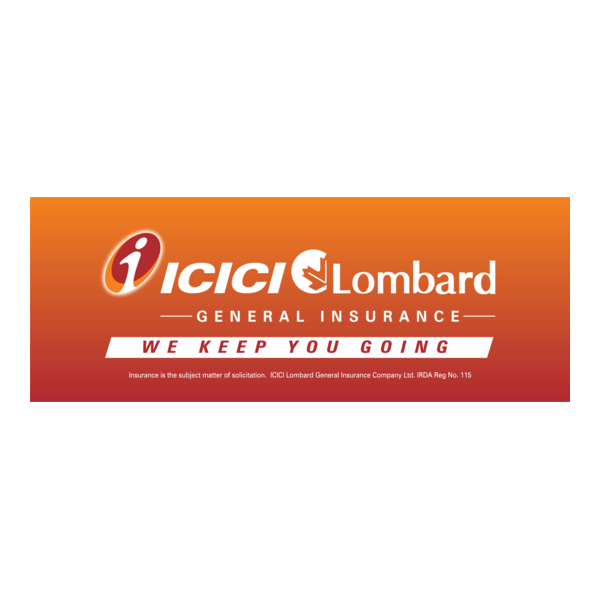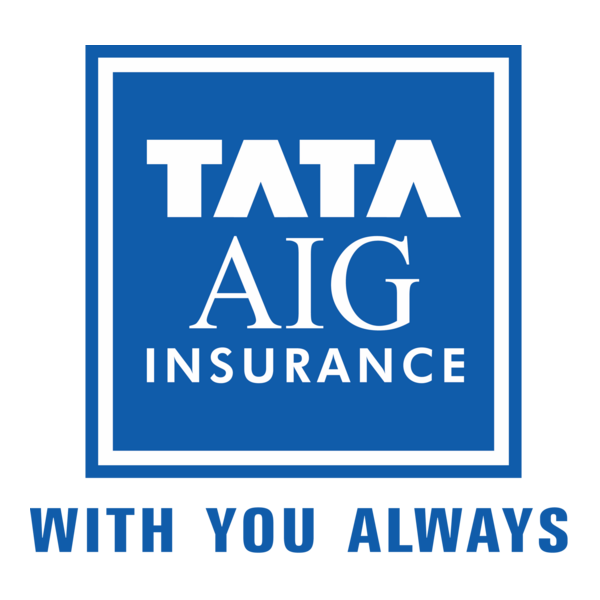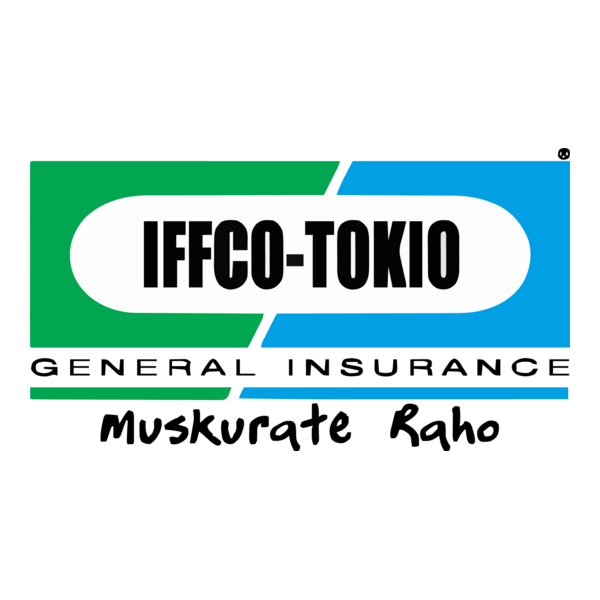Protect your ride and your finances with the right motor insurance.
At JaagravWealth, we help you secure the perfect insurance for your car or two-wheeler — offering comprehensive protection against accidents, theft, natural disasters, and third-party liabilities.
What is Vehicle Insurance?
Vehicle insurance is a contract that provides financial coverage for losses or damages to your vehicle due to accidents, theft, natural calamities, or third-party legal liabilities.
It is mandatory by law in India under the Motor Vehicles Act to have at least third-party insurance.
Why Vehicle Insurance Matters
Covers Damage to Your Vehicle
Accidents, floods, fire, vandalism — your insurer has you covered.Third-Party Liability Protection
Legal protection against injury or damage caused to others.Theft and Total Loss Cover
Compensation if your vehicle is stolen or damaged beyond repair.Cashless Repairs
Get your vehicle fixed at network garages without upfront payment.Legal Compliance
Avoid penalties and stay road-legal with valid coverage.
Types of Vehicle Insurance
Third-Party Insurance (Mandatory)
Covers third-party injury, death, or property damage.Comprehensive Insurance
Covers your vehicle, third-party liability, theft, fire, and natural disasters.Standalone Own Damage Cover
Covers only damage to your vehicle (for vehicles bought after Sept 2018).Add-ons Available
Zero Depreciation Cover
Engine Protection
Roadside Assistance
Return to Invoice
No-Claim Bonus Protection
Required Documents
RC (Registration Certificate) of the vehicle
Previous insurance details (if renewing)
Valid ID proof and address
PAN or Aadhaar for KYC (in some cases)
Why Buy Through JaagravWealth?
Compare premiums across top insurers
Fast policy issuance and renewals
Support during claims and documentation
No extra charges – advisory is free!
Associated Partners







Diversify with exclusive alternatives
At JaagravWealth, we offer access to Alternative Investment Funds(AIFs) tailored for sophisticated investors seeking higher returns through diversified and non-traditional investment avenues.
Alternative Investment Fund
Alternative Investment Funds (AIFs) are special investment options beyond the usual choices like fixed deposits, stocks, or mutual funds. They attract experienced investors looking for higher returns by accepting higher risks. According to SEBI, AIFs grew 30% in FY 2022–23, with commitments rising from ₹6.41 lakh crore in March 2022 to ₹8.34 lakh crore in March 2023.
What is an Alternative Investment Fund?
An Alternative Investment Fund (AIF) is a private investment pool that puts money into non-traditional assets like private equity, venture capital, hedge funds, real estate, commodities, or derivatives. Typically, only high-net-worth individuals (HNIs) and large institutions invest in AIFs because the minimum investment amount is quite high.
AIFs are regulated by SEBI (Securities and Exchange Board of India) under the AIF Regulations, 2012. They can be set up as a trust, company, LLP, or corporate body — though most SEBI-registered AIFs are structured as trusts.
Types of AIFs in India
AIFs are divided into three main categories:
Category I AIF:- Focuses on startups, early-stage ventures, social ventures, SMEs, and infrastructure that benefit the economy or society.
Venture Capital Funds: Invest in high-growth startups.
SME Funds: Support profitable small & medium businesses.
Social Venture Funds: Back companies with social or environmental impact.
Infrastructure Funds: Invest in big projects like airports, roads, or railways.
Category II AIF:- Includes funds that don’t use much debt; they focus on growth without high risk.
Private Equity Funds: Invest in unlisted companies to help them grow.
Debt Funds: Lend money to unlisted companies via bonds or debentures.
Fund of Funds: Invest in a mix of other AIFs (not directly in stocks or bonds).
Category III AIF:- Uses aggressive strategies, including leverage, to earn higher returns.
PIPE Funds: Buy discounted shares of listed companies needing capital.
Hedge Funds: Use advanced methods like short selling, arbitrage, and derivatives.
Who can invest in an AIF?
Who can invest? Indian residents, NRIs, foreign nationals.
Joint investments allowed (with spouse, parents, or children).
Minimum investment: ₹1 crore (₹25 lakh for directors, employees, or fund managers).
Lock-in period: Minimum 3 years.
Investor capping: Max 1,000 per scheme (49 for angel funds).
Why invest in AIFs?
Higher Returns: Access to unique assets and strategies can boost returns — but expect higher risks.
Diversification: Adds variety beyond stocks and bonds (like hedge funds, real estate, private equity).
Lower Volatility: Less tied to stock market ups and downs, offering more stability.
Alternative Investment Fund (AIF) Taxation
Category I & II AIFs:- Tax-free at the fund level; you (the investor) pay taxes on the gains as if you earned them directly.
Category III AIFs:- Fund pays taxes itself (rules depend on fund type); you, the investor, don’t pay extra tax on the gains.
Conclusion
AIFs offer portfolio diversification and access to unique investment strategies, but they are best suited for experienced, wealthy investors (HNIs) who can handle bigger risks and invest large sums. Small investors looking to invest small amounts regularly should avoid AIFs. Always research carefully before investing.



